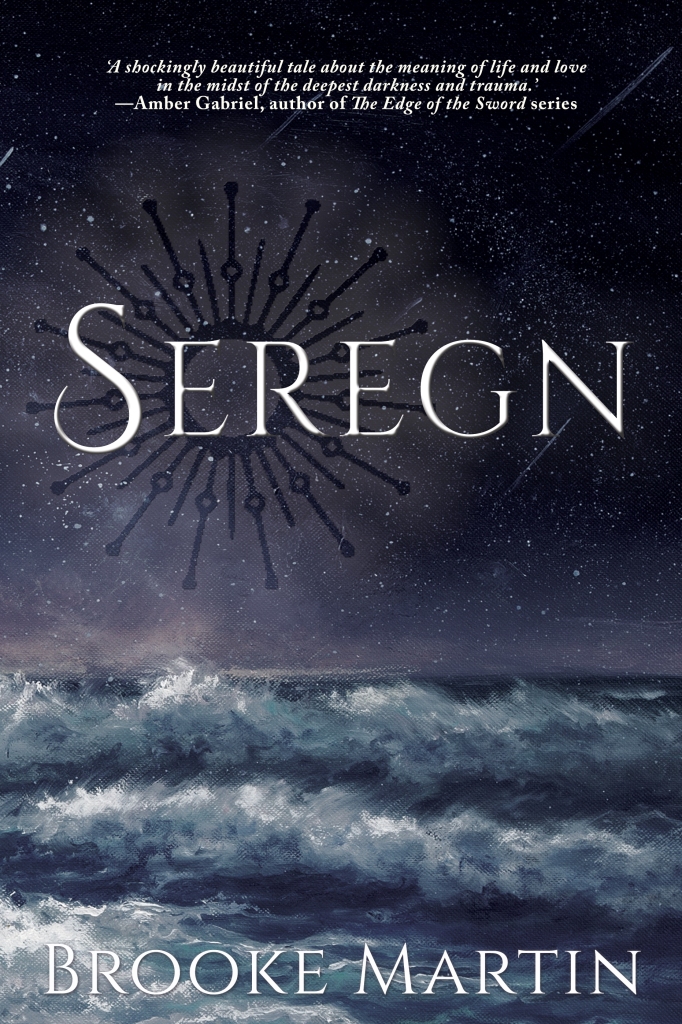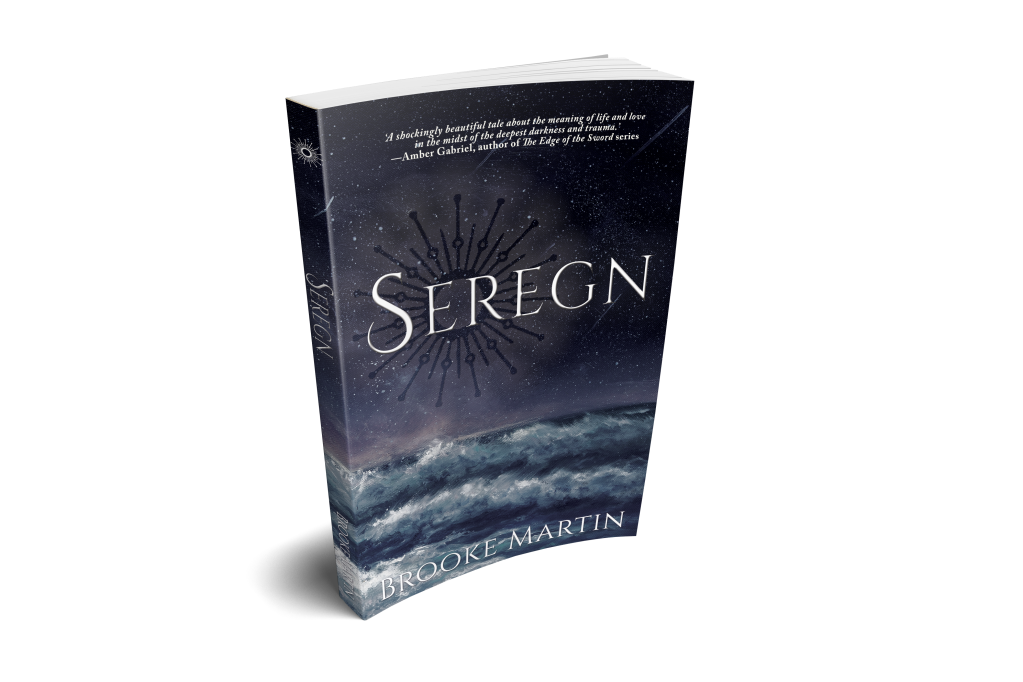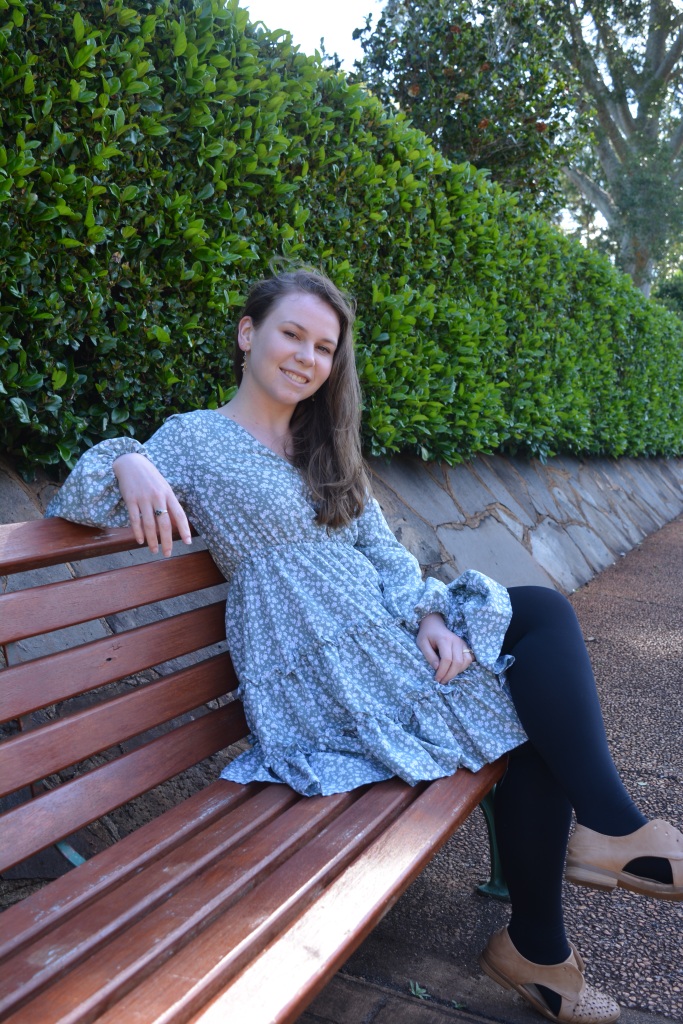Author of I & the Scaredy Cat
Today, I am thrilled to be spending time with Fantasy and Children’s book author Amber Gabriel. She is joining me to talk to us about her children’s book, I & The Scaredy Cat whihc relesed May 11th, 2024.

Helen: Welcome Amber. Congratulations on your new release. I love the title of your book, I & the Scaredy Cat. Tell us all about your book.
Amber: I & the Scaredy Cat is my second children’s book. Before I began this series, I had published five books in my low-heat medieval romance/ kingdom adventure series The Edge of the Sword. When my 4th grade students kept pestering me to write a book for them, I decided to write a first-person story that would appeal to all my students regardless of race or gender. In each installment, the MC uses a magical device to help solve a problem. In this case, a stray cat ends up in the garage needing food and shelter. Magical earbuds enable the MC to hear the cat’s thoughts. This leads to the MC having to make a difficult decision in a crisis that could affect the outcome of an important school tournament.
Helen: How wonderful that your students’ were eager for you to write for them. I hope they all enjoy it. What were your thoughts behind the cover?
Amber: Since this book is for my students, I asked a former student to design the cover. The MC’s parents are deployed, and boxes of the family’s belongings are stored in Aunt Mysti’s garage. The cover shows a cat’s eyes peering through a cardboard box with the title and author written in sharpie. The cover of I & the Magic Pen, the first book in the series, shows ink drawings on a sheet of notebook paper.
Helen: What a great idea and a clever cover. Why did you give your book that title? Is there a special meaning or back story about the title?
Amber: First off, the incorrect grammar is intentional. The protagonist is anonymous and never referred to by name or gender. By structuring the title this way, it draws attention to the fact that the main character is unnamed. It also lends itself easily to serialization. Although there is a magical item in this book like there was in the previous one, I & the Scaredy Cat aligns better with the themes than I & the Magic Earbuds
Helen: I have also been asked about the spelling of my book titles. I deliberately changed the spelling of Sentinel to Sentinal. I wanted the idea of a guardian, but not the reference to technology, so we writer’s adapt! Why did you decide to write this particular story?
Amber: Actually, it was inspired by a real life incident. We live out in the country, and a feral cat took up residence in our garage for about a month. During that time, I fed it and provided a litter box and water dish. I saw it three times, barely. It was orange and tailless. When the weather warmed up, it disappeared. The themes from the book arise from years of interactions with students and children of military families. Parents are a child’s primary role model, and children can be very heroic as they attempt to live up to their parents’ examples.
Helen: When did you realise you had a passion for writing?
Amber: I’ve been writing stories in my head for as long as I can remember. As a child, I told myself stories to fall asleep once I had to turn the lights out and stop reading. My family would make storytelling into a game on long car rides. However, I didn’t start writing these stories down until a few years ago. I’d been having trouble with insomnia and started typing out my ideas during bouts of sleeplessness. I eventually discovered I had narcolepsy, but in the meantime, I finished a complete novel and decided I loved writing.
Helen: Who inspired you to write? Was there someone specific in your life who set you on the writing path?
Amber: I was homeschooled for most of my elementary years, and my mom modeled the writing process for me. She wrote stories for me and my siblings and bound them together for us to read. Then she would make my stories into a “book.” I still have one I must have written when I was six or seven. My dad self-published a book, and I helped him bind them on a mechanical binder. My grandmother wrote books and drove her motorhome all over the United States selling them. I come from a family of avid readers and writers, so I suppose it was inevitable.
Helen: Congratulations on picking up that pen and writing your own stories and on the release of your latest book. It’s been wonderful chatting with you. Just to finish, could you share with us what the best thing that has happened to you since you began writing?
Amber: The absolutely best thing that has happened since I started writing is that my students have become inspired to write. Getting students to read and write can be difficult, but when I read to them from my children’s book and explained my process, they couldn’t wait to write their own stories. In the beginning, their work emulated mine, but by the end of the year, they had found their own voices. One of my nine-year-old students wrote a ten thousand word book called If a Zombie Apocalypse Happened at School. I “published” it for her and gave all my students a copy. Then everyone’s stories started to sound like hers. It was so great.
About the Author

Amber Gabriel
Ever since I was a little girl, I have loved to read. One of the first books I remember reading was a Wonder Book version of Cinderella. It was in the reading station in my kindergarten class, and I loved the illustrations. I would pick that book out every time, so my teacher finally removed it from the shelf to force me to expand my horizons. Now I have my own copy.
Another book that influenced me very early on was Richard Scarry’s Busy, Busy World. It told a story of two creative painters who painted a mural of a large sun inside someone’s house. I thought the idea was genius, so I drew a large sunshine on my wall with crayon. It was scrubbed off, but I continued to have a desire to express myself artistically.
In middle school, I enjoyed writing, and my English teacher told me I would write a book someday. I loved to read, sometimes reading late into the night. When I was not reading, I was making up stories in my head for my own amusement, but I never wrote them down. I was more interested in drawing and painting than writing. I have since painted numerous works of art, including some very large outdoor murals. You can see some of them if you do an internet search of Paint by Amber.
Over the years, I have had a lot of trouble with insomnia. I had heard that if you write down your ideas, it will help you to be able to go to sleep. That didn’t help, but I did end up writing some complete novels. Recently, I was diagnosed with narcolepsy, and understanding my sleep patterns, along with scheduling at least one nap during the day, has greatly improved my quality of life. The line between dreaming and wakefulness for me is sometimes blurred, and some of my ideas come straight from my dreams. Others are worked out while I’m lying in bed unable to sleep. It was fun to type them out, and I am planning to continue writing. My goal as an author is to write the type of books that I would like to read. My favorite genre is fantasy fiction, and I read and write books that tackle difficult issues but resolve themselves into a happy ending. I hope you enjoy my stories and characters as much as I do. If you search my name and the word ‘author,’ you should be able to find my social media site. I look forward to hearing from you!
Follow Amber:
Purchase Amber’s book: I & the Scaredy Cat via Amazon
Link to book on Amazon UK: eBook | Paperback
Link to book on Amazon US: eBook | Paperback
As an Amazon Associate I may benefit from purchases made using these links.
If you would like to find out about my books then sign up to my newsletter. If you enjoy epic fantasy then the award winning Sentinal series is now complete. If you like fantasy books with a touch of romance then you will love SoulBreather. Prefer Dystopian Science Fantasy? Then try Harmony. Start the adventure and stay for the journey.
Sign up to my newsletter and download a free novella called Sentinals Stirring and get notified when my next books are published.
By clicking the sign up button above, you agree to share your email address with the site owner and the newsletter platform provider to receive marketing, updates, and other emails from the site owner. Use the unsubscribe link in those emails to opt out at any time.
By signing up to my newsletter, you agree to receive commercial information from Helen Garraway, located at 61 Bridge St, Kingston, Hertfordshire, UK (Data Administrator). You can withdraw your consent at any time. The data will be processed until the consent is withdrawn.























